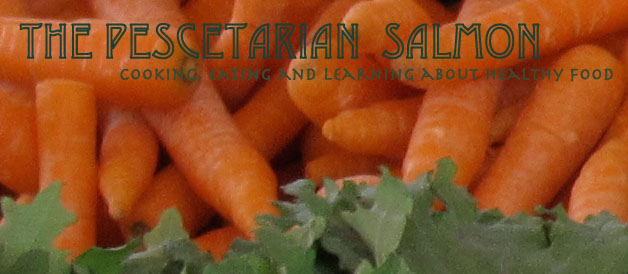Here are some facts written by Paul McCartney but based of the 2006 U.N. report.
- The Livestock industry produces gases that are extremely dangerous for the future of our environment.
- The two main gases, methane and nitrous oxide, are considered to be more harmful than CO2 (methane is 21 times more powerful than CO2 and nitrous oxide is 310 times more powerful than CO2) so the data suggests that this is causing a highly dangerous situation for ourselves and, more importantly, for future generations.
- Methane also remains in the atmosphere for 9 to 15 years; nitrous oxide remains in the atmosphere for 114 years, on average, and is 296 times more potent than CO2 - the gases released today will continue to be active in degrading the climate decades from now.
- Livestock production is land intensive: a recent report by Greenpeace on land use in the largest meat producing state in Brazil found that livestock (cattle) production was responsible for vastly more deforestation than soya.
- A third of all cereal crops, and well over 90% of soya, goes into animal feed, not food for humans. Eating less meat will free up a lot of agricultural land which can revert to growing trees and other vegetation, which, in turn, will absorb more carbon dioxide from the atmosphere.
- Livestock production is water intensive: it accounts for around 8% of global human water use. The estimated 634 gallons of fresh water required to produce one 5.2 ounce (150g) beef burger would be enough for a four-hour shower. For comparison, the same quantity of tofu requires 143 gallons of water to produce.
- Livestock production is the largest source of water pollutants, principally animal wastes, antibiotics, hormones, chemicals from tanneries, fertilizers and pesticides used for feed crops, and sediments from eroded pastures.
- The meat industry is set to double its production by 2050 so even if they manage to lower emissions by 50%, as they have promised to, we will still be in the same position.
- from http://goop.com/newsletter/68/en/
Meat Free Monday Website: http://www.supportmfm.org/


No comments:
Post a Comment